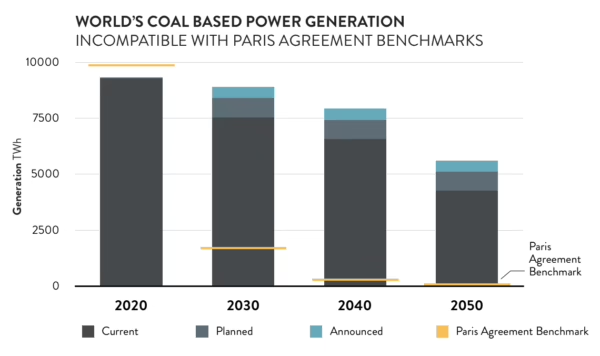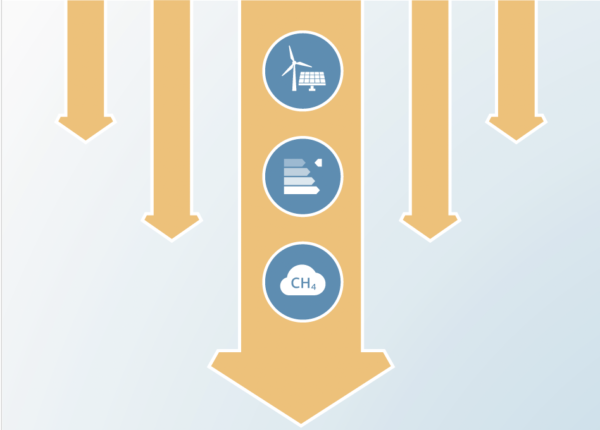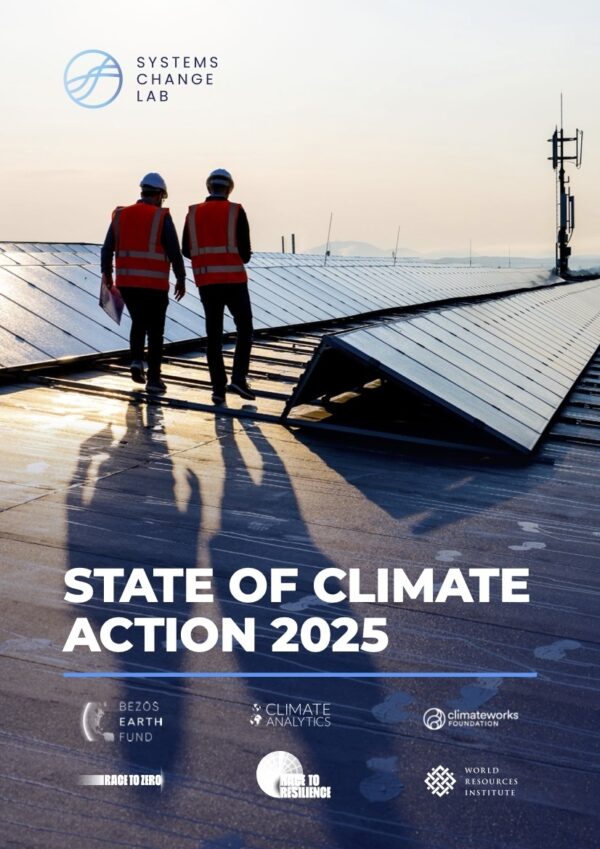Global and regional coal phase-out requirements of the Paris Agreement: Insights from the IPCC Special Report on 1.5°C
Authors
Paola A. Yanguas Parra, Gaurav Ganti, Robert Brecha, Bill Hare, Michiel Schaeffer, Ursula Fuentes and Andreas Geiges
Share

Ahead of the UN Climate Action Summit on 23 September, UN Secretary-General Guterres called on governments to stop the approval of new coal power plants entirely by 2020.
This report by Climate Analytics, released for the UN Secretary General’s Climate Action Summit, shows how fast coal needs to be phased out in order to meet the objectives of the Paris Agreement, in light of the latest science from the Intergovernmental Panel on Climate Change (IPCC). It also assesses whether the efforts to reduce coal use in electricity generation since the adoption of the Paris Agreement put us any closer to a pathway consistent with its 1.5°C limit.
Key messages
- Although the new coal pipeline shrunk by 75% since the adoption of the Paris Agreement, cancelling new coal is nowhere near enough to meet its 1.5°C limit
- Phasing out coal from the electricity sector is the single most important step to get in line with 1.5°C
- Governments are not on track to phase coal out of the electricity sector in line with the 1.5°C in the Paris Agreement
- To get on a 1.5°C pathway, they will need to introduce effective regulation to shut down coal plants before the end of their technical lifetime and to significantly limit their use in the meantime, and refrain from building new coal capacity
- It is critical that governments significantly scale up their NDCs by 2020. The new pledges must include clear commitments to phase out coal, remove subsidies for fossil fuels, and build support for renewables and energy efficiency
Key dates from the report:
- Global coal emissions should peak in 2020;
- Global coal use in electricity generation must fall by 80% below 2010 levels by 2030;
- OECD nations should end coal use entirely by 2030;
- All coal-fired power stations must be shut by 2040 at the latest.




















